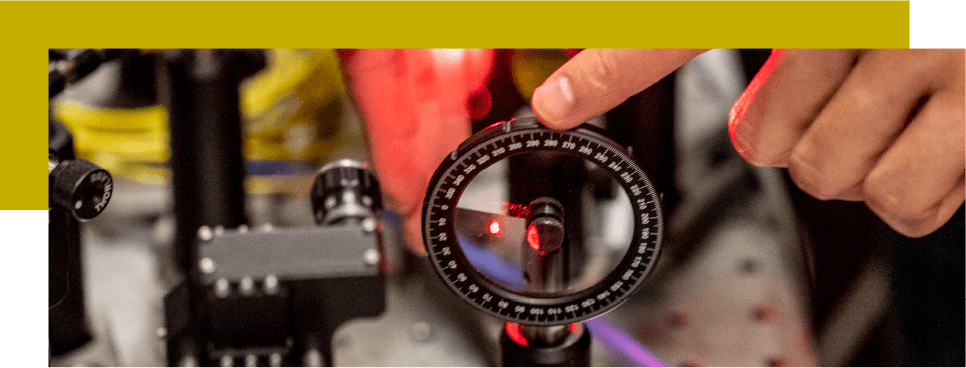Research
The UW is internationally renowned in research areas that are critical to the success of QuantumX, which includes quantum information science, quantum sensing, quantum computing, quantum communication, and quantum encryption. The UW’s areas of strength related to QuantumX include: Quantum Materials (e.g. two-dimensional materials), Quantum Photonics (the interactions between light and materials), Quantum Sensing (including axion-search experiments, radiation detection and quantum-defect field sensing), Quantum Chemistry, Quantum Theory, Quantum Field Theory, Computational Physics, Quantum Simulation using High-Performance Computing.
The UW’s expertise in these areas are distributed across the UW campus, residing mainly in Departments of Physics, Electrical and Computer Engineering and Material Science and Engineering, Computer Science and Engineering, Chemistry and Chemical Engineering. The research is further supported by state-of-the-art cross-campus user facilities including:
-
- The Washington Nanofabrication Facility for device fabrication
- The Molecular Analysis Facility for materials characterization
- Hyak for high performance computing
- The MEM-C Shared Facilities (MRSEC) for materials development and characterization
Associated Institutes and Centers:
-
- InQubator for Quantum Simulation for development of quantum simulations algorithms for fundamental physics.
- Photonic Engine to Accelerate Atomic Quantum Engineering (PEAQUE) aims to create an optical multi beam steering device to control cold atoms and ions in a large scale quantum computer.
- Thouless Institute for Quantum Matter seeks to create opportunities and catalyze partnerships that accelerate progress in quantum matter research
- The Institute for Nuclear Theory whose efforts include the study of strongly correlated nuclear matter and quantum dynamics in nuclear systems.
- The NSF MRSEC Center Molecular Engineering Materials Center MEM-C researches nanomaterials that accelerate future technologies in information processing, sensing, energy, and research tools.
- The eScience Institute for advanced machine learning methods.
- The NSF Science and Technology Center for the Integration of Modern Optoelectronic Materials on Demand IMOD seeks to transform conventional and quantum optoelectronics through the development of atomically-precise semiconductor materials and scalable manufacturing processes.

